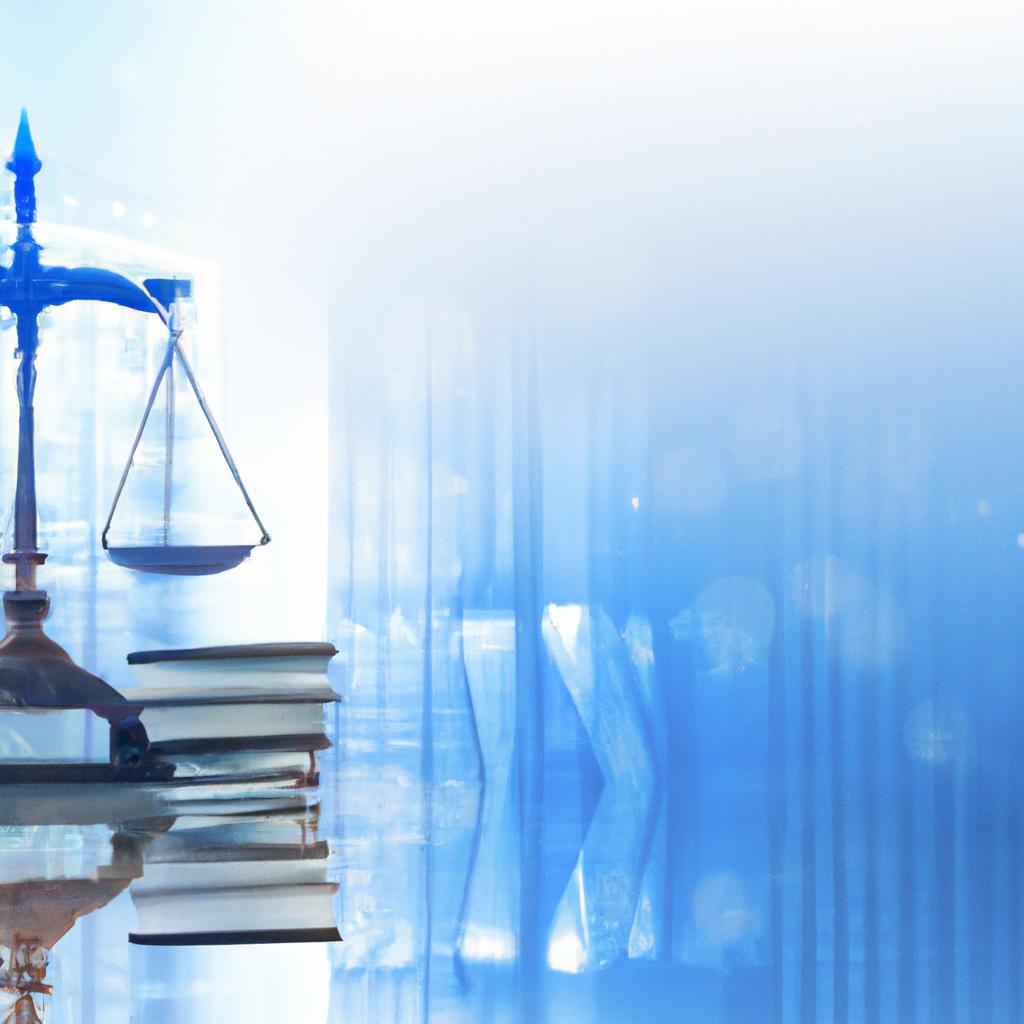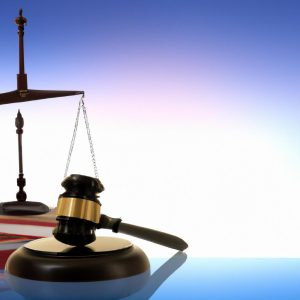As legal professionals, it is imperative to have a precise understanding of the terms and responsibilities associated with family law. One term that often arises in discussions surrounding child custody and guardianship is that of the custodial guardian. In the realm of legal terminology, the custodial guardian plays a crucial role in determining the welfare and upbringing of minors. In this article, we will delve into the intricacies of what a custodial guardian means, their rights, responsibilities, and the implications of such a designation. Stay tuned as we navigate through the nuances of this essential legal concept.
Understanding the legal responsibilities of a custodial guardian
As a custodial guardian, you have legal responsibilities that are crucial for the well-being of the individual under your care. Understanding the role of a custodial guardian is essential to fulfill these duties effectively. A custodial guardian is a person who has been appointed by a court to care for a minor child or an incapacitated adult. This role gives the custodial guardian the authority to make decisions regarding the individual’s health, education, and overall welfare.
Some of the legal responsibilities of a custodial guardian include:
- Providing basic necessities: Ensuring that the individual has access to food, shelter, clothing, and medical care.
- Making educational decisions: Enrolling the individual in school and making decisions about their academic and extracurricular activities.
- Managing finances: Handling the individual’s financial affairs and making decisions about their assets and income.
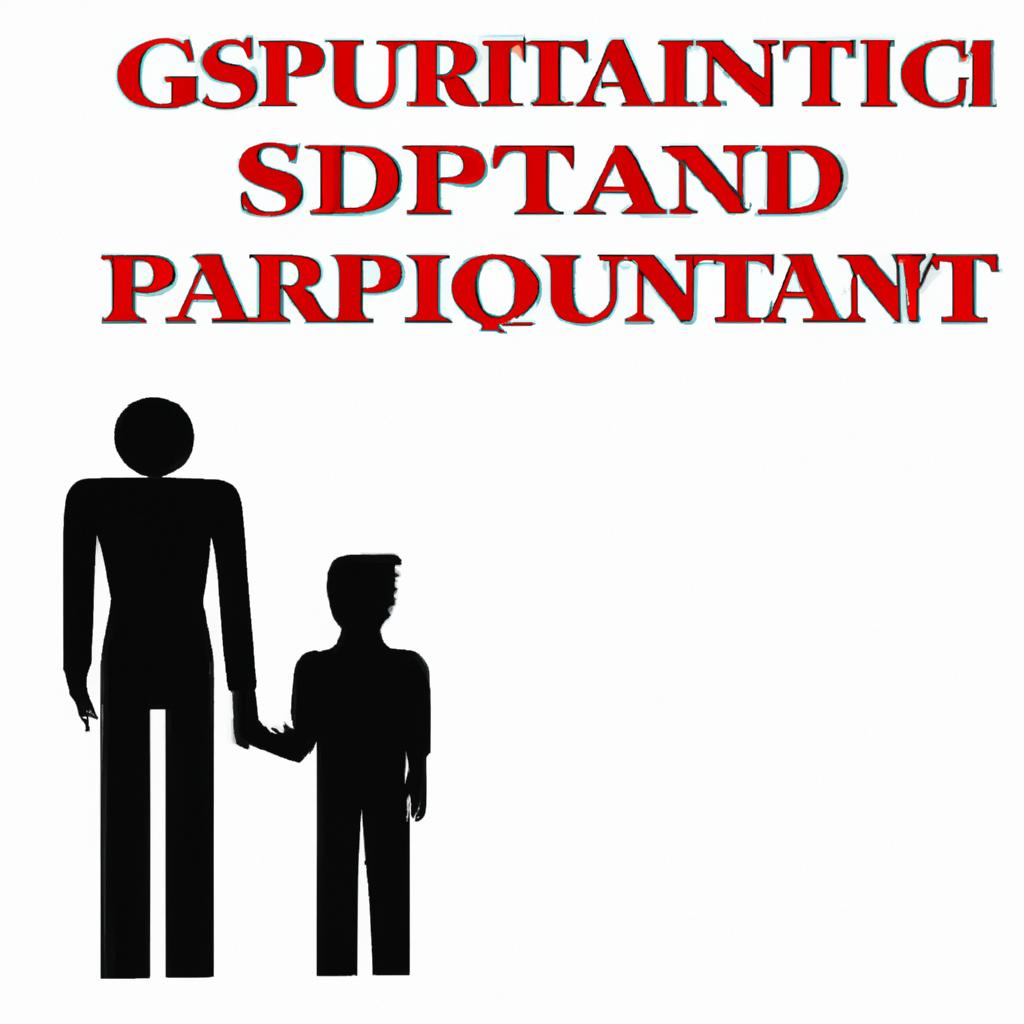
Importance of appointing a custodial guardian in estate planning
Having a custodial guardian in place is a crucial aspect of estate planning, especially when it comes to ensuring the well-being of minor children or incapacitated adults. A custodial guardian is appointed to make decisions on behalf of the individual in their care, whether that involves financial matters, healthcare decisions, or overall welfare. By appointing a custodial guardian, you can have peace of mind knowing that your loved ones will be taken care of according to your wishes.
When selecting a custodial guardian, it is important to consider factors such as their relationship to the individual in need of care, their ability to make responsible decisions, and their willingness to take on the role. It is also essential to discuss your expectations and preferences with the potential guardian to ensure they understand their responsibilities. By appointing a custodial guardian in your estate planning, you can protect your loved ones and provide for their future in the event of unforeseen circumstances.
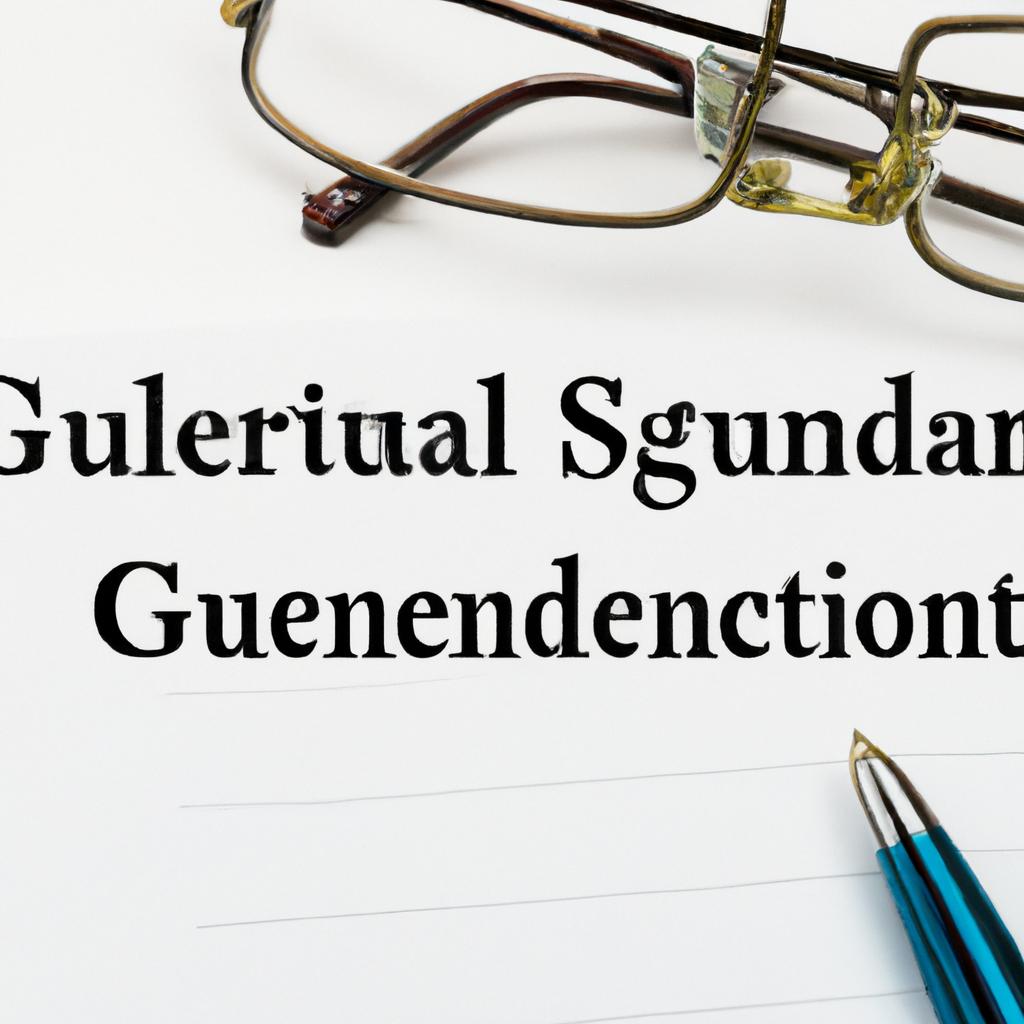
Navigating the complexities of custodial guardianship in elder law
Elder law can be a complex and nuanced area of legal practice, especially when it comes to custodial guardianship. Understanding what it means to be a custodial guardian is essential for anyone involved in the care and protection of elderly individuals. A custodial guardian is a person appointed by a court to make decisions about the healthcare, living arrangements, and overall well-being of an elderly individual who is deemed unable to make these decisions for themselves. This legal relationship carries significant responsibilities and obligations that must be handled with care and attention to detail.
As custodial guardianship can involve a wide range of issues and considerations, it is crucial to work with experienced legal professionals who specialize in elder law. At Morgan Legal Group, our team of attorneys has extensive experience navigating the complexities of custodial guardianship and can provide expert guidance and support to clients in New York City and beyond. Whether you are seeking to establish a custodial guardianship for a loved one or are currently serving as a custodial guardian and need assistance with your responsibilities, we are here to help.
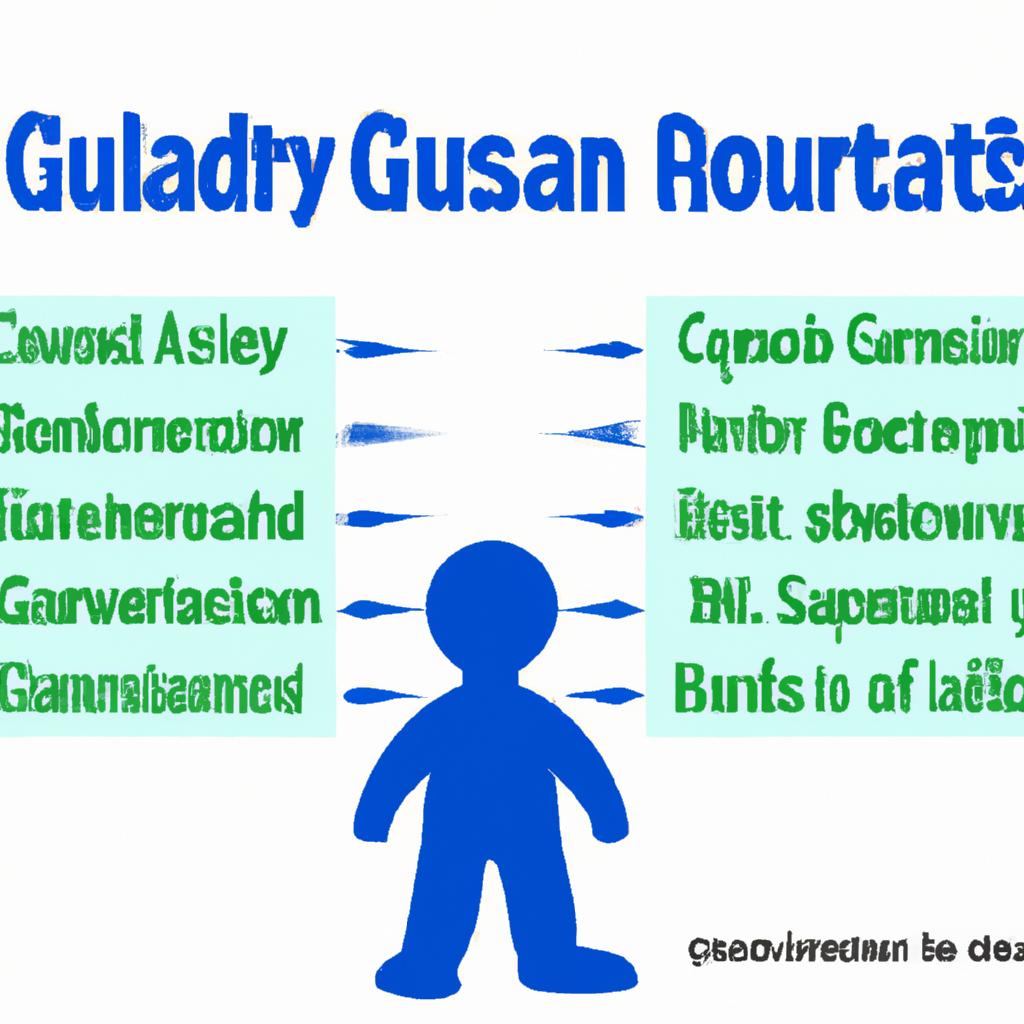
Key considerations when choosing a custodial guardian for minor children
When choosing a custodial guardian for minor children, there are several key considerations that must be taken into account to ensure the well-being and best interests of the children. One important factor to consider is the guardian’s ability to provide a stable and nurturing environment for the children. This includes having a suitable living arrangement, financial stability, and the emotional capacity to care for the children.
Additionally, it is essential to choose a custodial guardian who shares similar values and beliefs as the parents, as they will be responsible for making important decisions regarding the children’s upbringing. Communication and trust are also crucial factors to consider when selecting a custodial guardian, as the guardian should be someone who is reliable, responsible, and willing to work collaboratively with the children’s parents to ensure their well-being.
Q&A
Q: What does custodial guardian mean?
A: A custodial guardian is a person who has legal responsibility for a child’s daily care, education, and well-being. They have the authority to make decisions on behalf of the child, such as medical care and educational choices.
Q: How is a custodial guardian different from a legal guardian?
A: While a custodial guardian is responsible for the day-to-day care of a child, a legal guardian has broader legal authority over the child’s affairs. This may include making major life decisions, managing financial matters, and representing the child in legal proceedings.
Q: Can a custodial guardian be a non-parent?
A: Yes, a custodial guardian can be a non-parent, such as a relative, a family friend, or a foster parent. They may be appointed by a court or designated by a parent in a legal document.
Q: What rights does a custodial guardian have?
A: A custodial guardian has the right to make decisions about the child’s daily life, including where they live, go to school, and receive medical care. They also have the responsibility to provide for the child’s basic needs and ensure their well-being.
Q: What happens if a custodial guardian is unable to care for the child?
A: If a custodial guardian is unable to fulfill their duties, arrangements may need to be made for another person to take over as the child’s custodial guardian, either temporarily or permanently. This could involve appointing a new custodial guardian through a court process.
Final Thoughts
In conclusion, understanding the term custodial guardian is essential in the realm of family law and ensures that children are provided with care and support in the absence of their biological parents. By serving as the primary caretaker and decision-maker, custodial guardians play a crucial role in shaping the lives of the children under their care. It is a responsibility that should be taken seriously and with utmost dedication. So, the next time you come across the term custodial guardian, remember the important role they play in providing love, guidance, and stability to the children who rely on them.
 What Does Custodial Guardian Mean: Understanding the Role and Responsibilities
What Does Custodial Guardian Mean: Understanding the Role and Responsibilities
Being a parent is a lifelong job that comes with many challenges and responsibilities. As parents, we have the legal right to make decisions for our children and provide for their needs. However, in some cases, parents may not be able to fulfill these duties, whether due to personal circumstances or legal matters. This is where the concept of a custodial guardian comes into play.
In this article, we will dive into the meaning of custodial guardian, their role and responsibilities, and how this affects the lives of both the child and the guardian.
What Does Custodial Guardian Mean?
A custodial guardian is a person or entity who has been appointed by a court to have legal and physical custody of a child. This typically happens when the child’s biological parents are unable to provide for or care for the child due to various reasons such as death, incarceration, or abandonment. A custodial guardian can be an individual, a family member, or an agency like the Department of Social Services.
The term “custodial” refers to the legal custody of the child, while “guardian” implies the physical custody of the child. This means that the custodial guardian not only has the authority to make legal decisions for the child but also has the responsibility of providing for their daily needs and upbringing.
Roles and Responsibilities of a Custodial Guardian
A custodial guardian takes on the role of the child’s primary caregiver and has a significant impact on the child’s life. Some of the key responsibilities of a custodial guardian include:
1. Providing for the Child’s Basic Needs
One of the most crucial responsibilities of a custodial guardian is to provide for the child’s basic needs, such as food, shelter, and clothing. This includes ensuring that the child has a safe and stable living environment.
2. Making Decisions for the Child’s Welfare
As the legal custodian of the child, the custodial guardian has the authority to make important decisions regarding the child’s welfare. This includes decisions related to education, healthcare, religious upbringing, and legal matters.
3. Ensuring the Child’s Emotional and Psychological Well-being
Apart from meeting the child’s physical needs, a custodial guardian also has the responsibility of nurturing the child’s emotional and psychological well-being. This involves providing a loving and supportive environment and addressing any emotional or behavioral issues the child may have.
4. Managing Finances for the Child
A custodial guardian is also responsible for managing the child’s finances, including any assets or inheritance the child may have. This includes making financial decisions in the best interest of the child, such as saving for their education or managing their trust fund.
5. Maintaining Contact with the Non-custodial Parent
In most cases, the non-custodial parent still has visitation rights, and a custodial guardian must maintain regular contact and communication with them. This includes informing the non-custodial parent about any significant decisions that may affect the child’s life.
Benefits of Having a Custodial Guardian
Having a custodial guardian can provide a stable and nurturing environment for the child, ensuring their well-being and proper development. Some other benefits of having a custodial guardian include:
1. Avoiding Foster Care
In situations where the biological parents are unable to care for the child, having a custodial guardian eliminates the need for the child to enter the foster care system. This can provide a more stable and consistent living environment for the child.
2. Continuity and Routine
A custodial guardian provides a sense of continuity and routine in the child’s life, which is essential for their stability and sense of security. This can help the child adjust to the changes they may have faced due to their parent’s inability to care for them.
3. Legal and Emotional Support
A custodial guardian provides not only legal but also emotional support to the child. This is crucial in helping the child navigate through any emotional issues they may have due to their parents’ absence.
In Conclusion
A custodial guardian plays a vital role in ensuring the well-being and proper upbringing of a child whose biological parents cannot fulfill their responsibilities. They provide the much-needed stability and consistency in the child’s life and make important decisions for their welfare. As a society, it is crucial to provide support and resources to custodial guardians to help them fulfill their duties successfully.
If you find yourself in the position of a custodial guardian, it is crucial to understand your role and responsibilities fully. Seek legal advice, resources, and emotional support to ensure that you can provide the best care for the child.
We hope this article has provided you with valuable information on what a custodial guardian means and how they impact the lives of children. Remember, being a custodial guardian is a challenging but rewarding role that has a significant impact on the child’s life.

